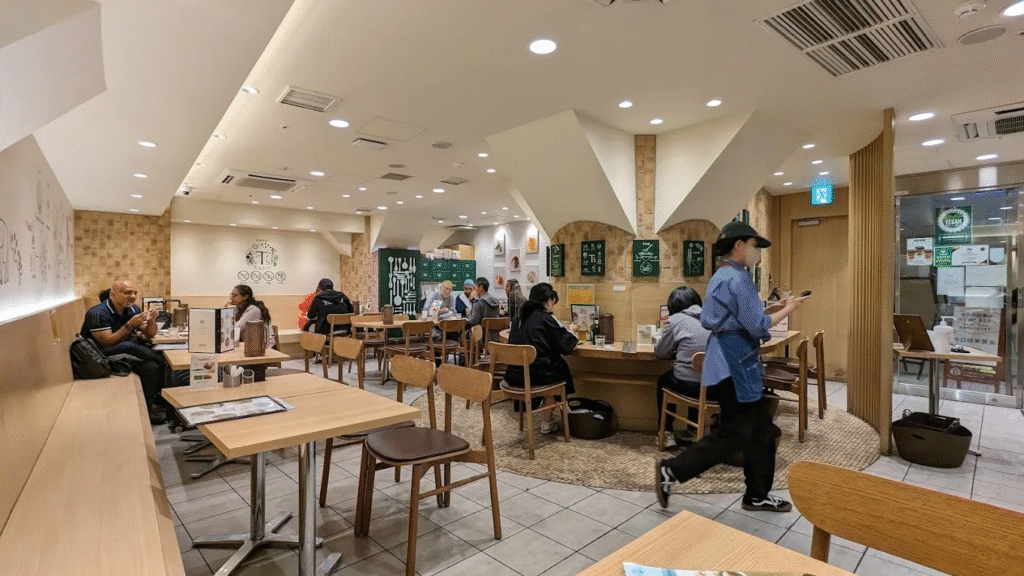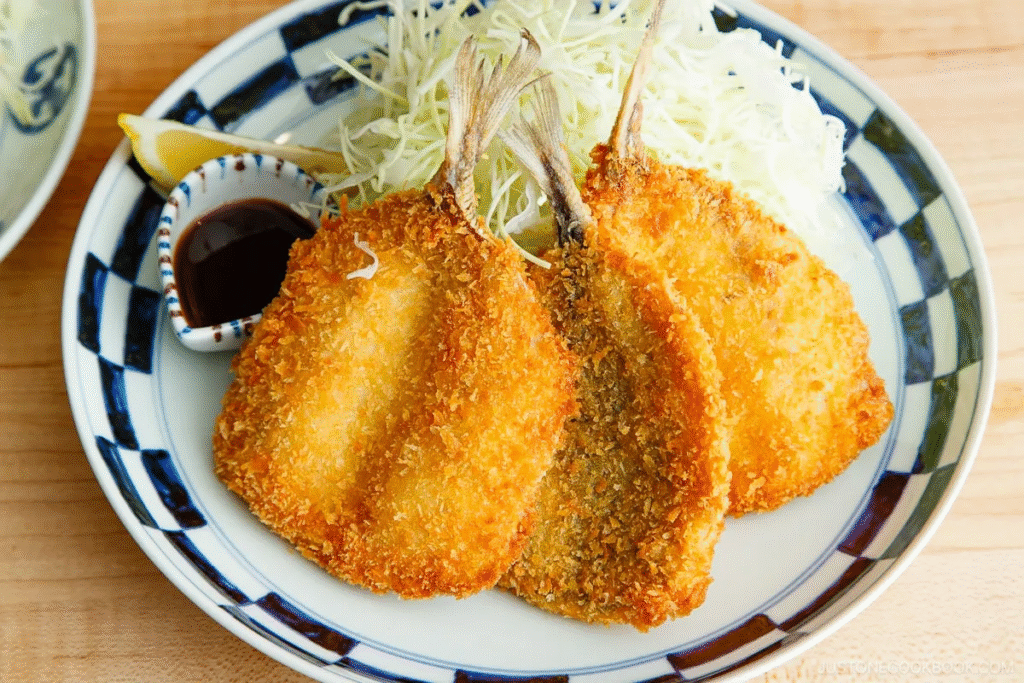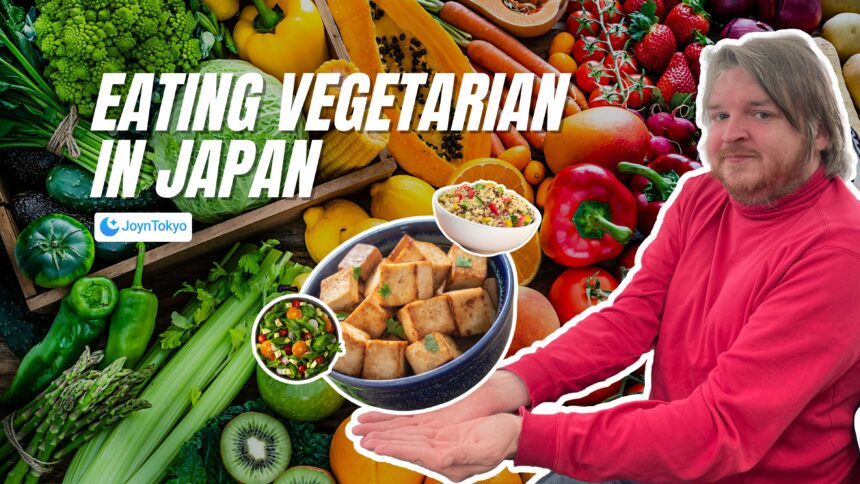Japan is known as a country that long ago adopted Buddhism, which typically prefers vegetarianism, as eating meat is a violation of the life and health of other animals.
However, meat is delicious, and so Japan has generally disregarded this as more of a guideline, than an actual rule. That guideline is also very loosely enforced. As a result, meat eating in Japan is not just commonplace, but expected. That means that eating a vegetarian meal can be a little less understood than in other countries. But can it be done?
Sure! Let me tell you how.
Cooking Your Own Food

Have an apartment in Japan? Well, then, you have an extremely wide variety of options for creating vegetarian or even vegan dishes all by yourself. Luckily, Japan has a ton of vegetables to choose from. Although the cucumbers are smaller than where I’m from, they are tasty and juicy. The lettuce is also excellent, as is the cabbage.
Rice, of course, is available at any Japanese supermarket or even convenience store, and it is a potent source of carbohydrates and nourishment. I personally go for the pre-washed variety, as it takes the least time to put into a rice cooker and get nice and ready to accompany a meal.
There are also vegetables that are customary in Japan, including daikon radishes, yamaimo mountain yams, and konjac. These are extremely tasty, healthy, and are staples of the Japanese diet. This makes them not just very good things to partake in during your time in Japan, but also very good for your body.
You can also find some vegetarian meat substitute options at many supermarkets. I have myself enjoyed faux-chicken, fake burgers and not-pork. I will say that, as an omnivore, I didn’t find them to be as satisfying as the real deal, but they definitely did the job and were far from disappointing.
Vegetarian Restaurants

But… what if you want or need to eat out? You’re with a friend and you need to grab a bite to eat without any meat?
Well, the options in Tokyo are surprisingly slim. But they do exist! When my father, who doesn’t eat meat, came to visit, I was able to take him to a restaurant named T’s Tantan. As the name suggests it specializes in tantanmen, a form of spicy yet creamy ramen. Although typically made wth minced beef, this restaurant chain uses, instead, entirely artificial meat, even in the broth, to ensure that it is 100% meat-free.
I thought it was absolutely delicious, and among the best tantanmen that I’ve had. My father, who is less accustomed to Japanese food, and has a constitutional aversion to eating meat, thought that it was excellent.
Other restaurants, which may not be exclusively vegetarian, also offer vegetarian options.
A restaurant near me offers vegetarian curries, while others offer vegetarian sides to many of their main meals, that can be enjoyed by anyone. Although, I suppose it depends on what you ask for: I once asked for a “mountain” of fava beans. Definitely vegetarian. Definitely an authentic izakaya experience. But also definitely a weird dish… unless you are a major fan of fava beans.
How About Fish?

If you are not into meat, but you are a pescatarian, then Japan is the country for you. There is an abundance of fish-based food. Obviously, sushi is the main draw, but I’m a fan of fried Aji, also known as Japanese horse mackerel.
You can find fish almost anywhere in Japan: like the UK, as an island nation, being surrounded by the ocean has made the people especially happy to find and eat the aquatic life around us.
You might also be tempted by octopus. However, this might be a step too far for many pescatarians: octopuses are known to be highly intelligent, and are in some countries considered to be an honorary vertebrate. Yet… it is a staple of much Japanese cuisine, and you can even find tentacles for sale in convenience stores. Whether or not you want to partake is up to you. But it is a very popular non-meat option over here.
In Summary
To be a vegetarian in Japan is not as easy as it can be in different countries, but it is not as difficult as some people make it out to be. If you know where to go and what to do, you can quite capably live a vegetarian — or even vegan — lifestyle in Japan.









